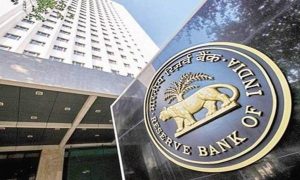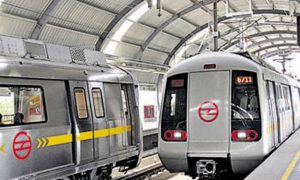In today’s world, banks have become an essential places where people deposit and withdraw their money and use many facilities, in such a situation, to improve banking services, the Madhya Pradesh state government has decided to standardize the operating hours of all nationalized banks from January 1, 2025. From this date, all such banks will work uniformly from 10 am to 4 pm. This reform, approved during the meeting of the State Level Bankers Committee (SLBC), aims to streamline banking services.
Read More: Central KYC registry extends deadline for masking KYC documents
Why is this change important?
Different working hours of different banks create confusion and inconvenience for customers. Some banks open at 10 am, while others may open at 10:30 am or 11 am. This disparity often causes problems with time management, especially when customers have to visit multiple banks for different services.
Better convenience for customers:
Customers can now visit any nationalized bank between 10 am and 4 pm without having to plan according to different bank schedules.
Read More: Aadhaar update deadline extended again, but you can not update every information for free
Reduction in waiting time:
A uniform schedule is expected to reduce the chaos caused by different opening hours, manage crowds and reduce long waiting times.
Better coordination between banks:
With all banks operating on the same timings, there will be better coordination in services, such as inter-bank transactions and customer referrals.
Streamlined operations:
Employees will benefit from a uniform timing, as it will allow better planning of work shifts and a more organised workday, ultimately leading to higher productivity.
How the decision was taken
The decision was taken after an intense discussion on the challenges caused by irregular bank timings, which were addressed in the SLBC meeting.
Possible impact beyond Madhya Pradesh
This bold step taken by Madhya Pradesh could set an example for other states in India. With varying bank timings across the country a common source of confusion and frustration, the move could inspire other regions to adopt similar changes.





































